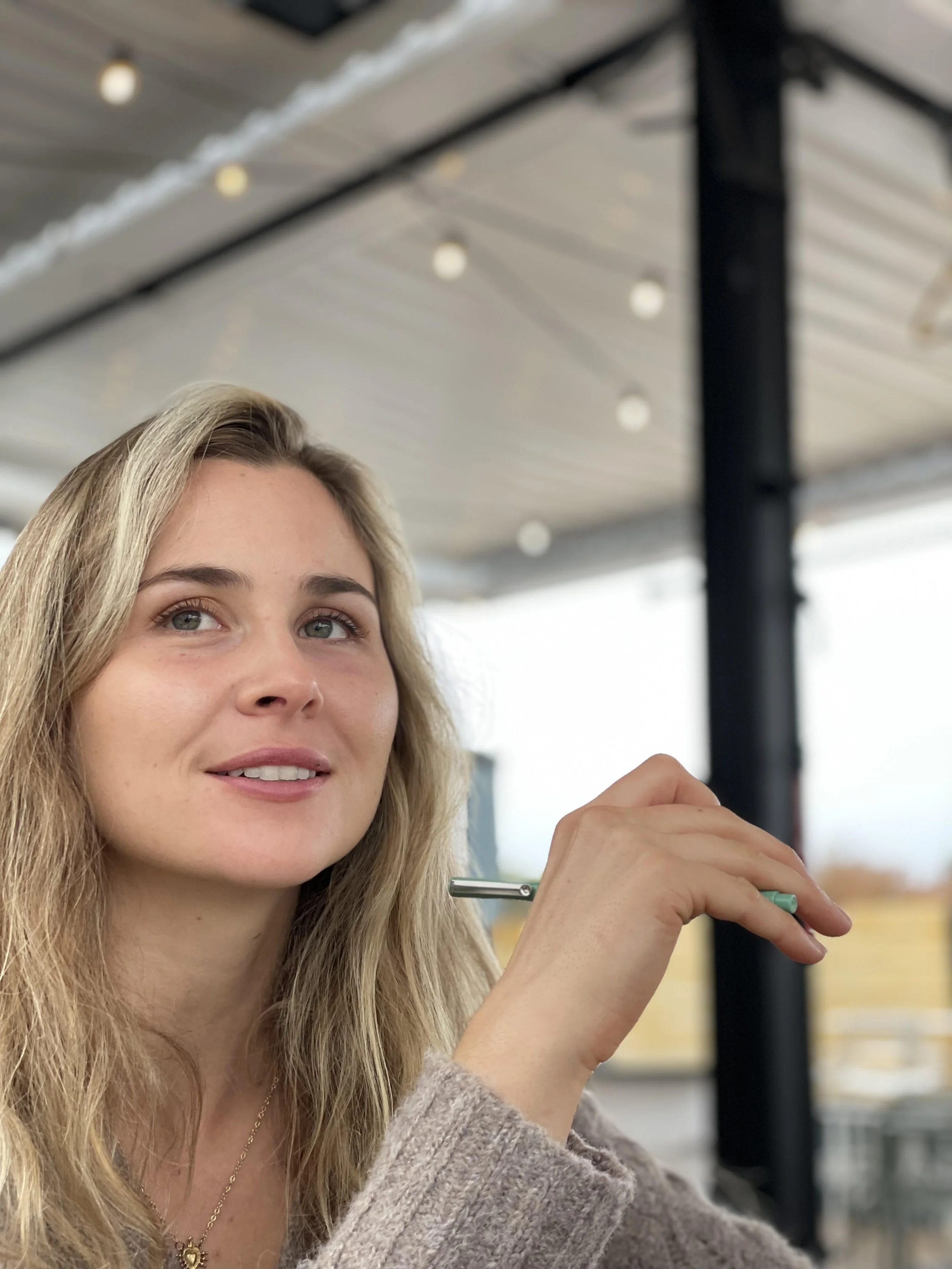The Mind, a Fruiting Body
Several weeks ago, I was sitting out front of Upper Crust when I saw my old Religious Studies professor walking by. I invited him to sit down and we talked a bit about our current projects. When I told him about The Mandarin, he asked, “What made you choose that name?” I described a little of my inspiration before he gave me the etymology lesson: The mandarin orange is named after the region in China where it was first propagated, this region was named for the ruling intellectual class there, called “Mandarins”. The word “Mandarin” can be traced back to the Sanskrit word “Mantri” which means a sage, “a person who thinks and says”. “Mant” in Sanskrit is related to “ment-” in our English word “Mental”. So mandarins are not only fruits which carry tastes and traces of their place and time; they are not just products of nature; they are also decidedly of the mind.
I wanted to use that etymology episode to begin describing how this project has grown and changed. Instead I kept finding myself in coffee shops staring at a blank document. I kept starting with the sentence “The Mandarin has grown so much in the past year,” and then backspace, backspace, backspace. At last I found myself at a party with my new fellow editor, being complimented by the girl with the beautiful smile on the work we’ve been doing. Suddenly I could explain how I felt about the whole thing.
At first I was not interested in publishing my own writing on the website. I felt that to do so would delegitimize it, that it would be more like a blog than a proper publication. I reached out instead to friends, former classmates, fellow writers, anyone I could think of, to ask for submissions. In many ways, starting this project was about solving the problems of landlessness, timelessness, and lack of identity, which I faced mid-pandemic. In fact, as I reached out to all these other people for submissions, I was asking them to tell me where we were and what was going on. It’s no mistake then that Evan Cicoletti’s “How To Be Fabulous During The Apocalypse'' was the second piece we ever published. This was the entire point of the project: to make beauty out of the mess I found myself in, make it fabulous even.
An apocalypse is the end of one world, the beginning of another. We have the unique opportunity to write that new world into being, to frame the world as we wish to see it. Something that unites the work of every writer we have published is their ability to make beauty out of the mess we find ourselves in. “We Are All The Same” by Kiana Perez and “naming it/Nephilim” by Robin Robinson are just two poems that come to my mind as shining examples. These works weave the experience of chaos into narrative, and make dull or terrifying images beautiful.
I have begun to publish my own work on The Mandarin. Beginning to establish my particular lens and voice, to add it to the mosaic of voices that create our collective story, has been illuminating and life-giving. The more I write and talk and share, the more I understand. A website can at times feel quite ephemeral: does it exist, or not? The same is true with literature generally. When the book is closed, where does the story go? I am finding that as we publish more and more, and as I continue to write, the voices, poems, stories, and images, poetically collaged into our digital pages, are alive now in my mind, a vivid mosaic depicting the tableau of our particular time and place.
While indeed The Mandarin has grown in my personal experience of it, it is still quite small. What is now certain, however, is that it does in fact exist. The Mandarin has developed from a vaguely twee literary aesthetic a la The French Dispatch, helmed by one girl puttering about on Squarespace in her off-time, into something much more specific. There are two of us in the workshop now. Alex Light has come aboard, making a total of two editors at our weekly meeting, usually around my kitchen table. The Mandarin could now be called a literary and arts review, often featuring images created by Northern California artists paired with pieces by Northern California writers. The Mandarin proves itself to be ever more specific to our precise time and place. My work on the magazine now stems not from a desire to be part of a “glittering literary world,” as I wrote in my previous letter from over a year ago, but rather from a clear and specific need to find and articulate the story of our place and time. Everything we publish is part of that vision, that story. The Mandarin tells its own story, produces fruits of its own land and in so doing, tells us the tale of ourselves. Each piece we publish serves to strengthen, elaborate upon, and further develop our local legend.


